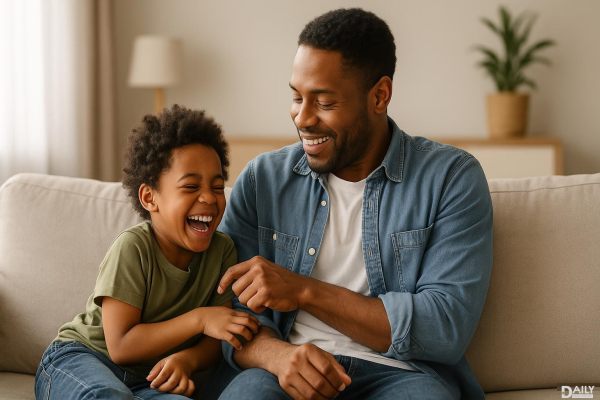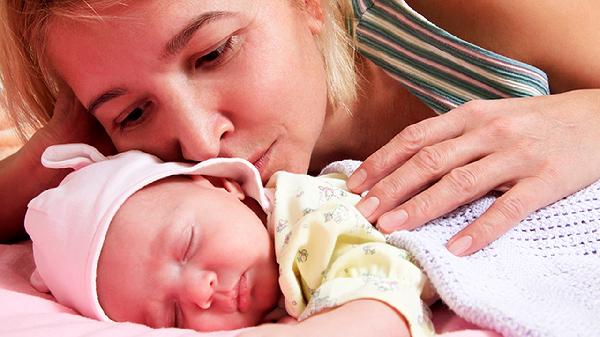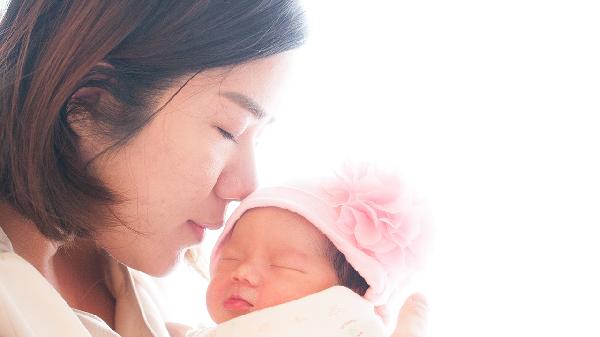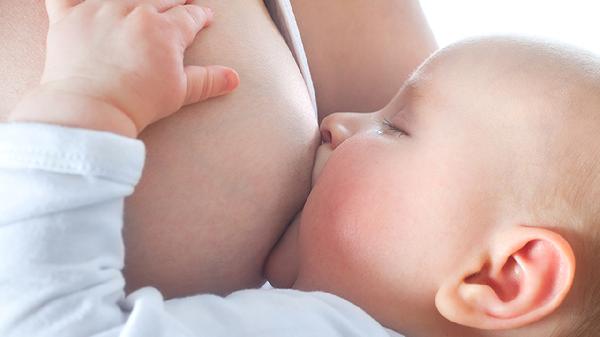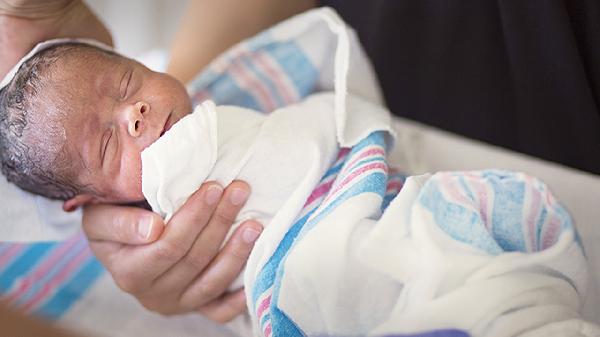parenting is tough. And in the chaos of daily life, it’s easy to slip into permissive parenting without even realizing it. You’re tired, they’re cranky, and sometimes it just feels easier to say “yes” than to deal with the fallout of “no.” But while giving in might buy you temporary peace, it can set your kid up for struggles down the road. So what’s the deal with permissive parenting, and how can you avoid falling into the trap? Let’s break it down.
What Exactly Is Permissive Parenting?
Permissive parenting is like the “cool aunt” of parenting styles—lots of love, minimal rules. These parents tend to avoid setting strict boundaries or enforcing consequences, often because they don’t want to upset their kids or simply don’t know how to handle misbehavior. Think of it as the opposite of the “because I said so” approach—more like, “Eh, whatever you want is fine.”
But here’s the thing: Kids actually need structure. Without it, they miss out on learning self-discipline, problem-solving, and how to navigate a world that does have rules (no matter how much they wish it didn’t). Permissive parenting isn’t about being a bad parent—it’s usually well-intentioned—but it can lead to kids who struggle with authority, frustration tolerance, and even social relationships later on.
Why Do Parents Fall Into This Trap?
There are a few reasons parents lean into permissiveness. Sometimes, it’s exhaustion—after a long day, enforcing rules feels like climbing Everest. Other times, it’s fear. Maybe you grew up with super-strict parents and swore you’d never do that to your own kid… but now you’ve swung too far in the other direction. Or perhaps you just don’t know how to set limits without resorting to old-school punishments like yelling or time-outs.
Another big factor? Avoiding tantrums. Let’s face it—no one enjoys a full-blown meltdown in the cereal aisle. But when you give in just to keep the peace, you’re teaching your child that tantrums work. And guess what? They’ll keep using that strategy.
Gentle Parenting vs. Permissive Parenting: What’s the Difference?
This is where things get confusing. Gentle parenting—which focuses on empathy, respect, and teaching rather than punishing—is not the same as permissive parenting. The key difference? Boundaries. Gentle parents still say “no.” They just do it in a way that’s firm but kind, explaining why certain behaviors aren’t okay instead of just shutting kids down.
Permissive parents, on the other hand, often avoid saying “no” altogether. They might make excuses for their child’s behavior (“Oh, they’re just tired”) or give in to demands to avoid conflict. The result? Kids don’t learn accountability.
How Permissive Parenting Affects Kids Long-Term
Kids raised with permissive parenting often struggle in situations where rules do exist—like school, sports, or eventually, the workplace. They might have trouble handling criticism, respecting authority, or even maintaining friendships because they’re used to always getting their way.
That said, it’s not all doom and gloom. Permissive parenting is still way better than authoritarian parenting (think: “My way or the highway”). At least permissive kids grow up knowing their parents are on their side. But there’s a middle ground—authoritative parenting—that balances warmth with structure, and that’s the sweet spot.
How to Shift Away from Permissive Parenting
If you’re realizing you’ve been a little too laid-back with the rules, don’t panic. Small changes can make a big difference. Start by setting clear, simple boundaries—like “We don’t hit” or “Screens off at dinner”—and stick to them. Consistency is key.
Next, work on your own reactions. Instead of giving in to avoid a meltdown, try acknowledging your child’s feelings (“I know you’re mad we can’t buy that toy”) while holding the line. Over time, they’ll learn that tantrums don’t change the rules.
And finally, give yourself grace. No parent is perfect, and slipping up doesn’t mean you’ve failed. The fact that you’re even thinking about this stuff? That means you’re doing a great job.
Parenting isn’t about being your kid’s best friend—it’s about preparing them for the real world. And sometimes, that means saying “no” even when it’s hard. But trust me, they’ll thank you later.

